Sorry, that’s old news…
You’ve found an older news story. We delete stories from our AAP News Feed after two months. But fear not, here’s today’s news!

Attacks on oil tankers off the coast of Oman is disrupting global oil supplies as the OPEC+ oil cartel announces ...
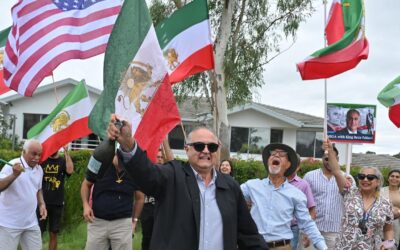
Australia is continuing to support the US' and Israel's war on Iran even as questions remain over the legality of ...
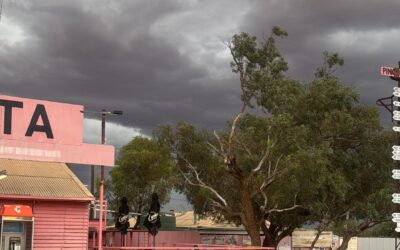
Torrential rain, severe storms and dangerous floods continue to cause havoc, leading to the death of a ...

Fresh economic figures will be scrutinised by the Reserve Bank of Australia as it assesses the nation's economy ...
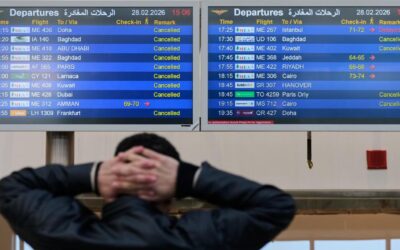
An Iranian drone strike has hit Dubai Airport as global airlines suspend flights across the Middle East after the ...
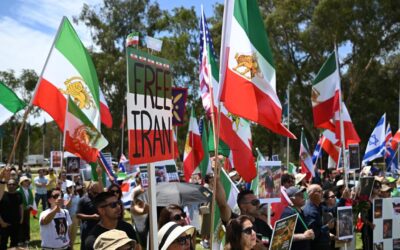
Senior government ministers have been called to a snap meeting after the US and Israel launched strikes on Iran, ...
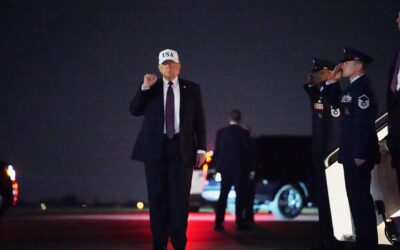
US President Donald Trump has taken the biggest foreign policy gamble of his presidency, one fraught with risks ...

President Donald Trump has urged Iranians to topple their oppressive rulers after the United States and Israel ...
No results found.
Background image courtesy victoriancollections.net.au